Fruit bushes that will grow well ln Nashville, TN
susanenan
9 years ago
Featured Answer
Comments (11)
cousinfloyd
9 years agojtburton
9 years agoRelated Professionals
Maple Valley Landscape Architects & Landscape Designers · Canyon Lake Landscape Contractors · Choctaw Landscape Contractors · Columbine Landscape Contractors · Coram Landscape Contractors · Ellicott City Landscape Contractors · Ringwood Landscape Contractors · Selden Landscape Contractors · St. Louis Landscape Contractors · Tamarac Landscape Contractors · The Villages Landscape Contractors · Tinton Falls Landscape Contractors · Oxon Hill Landscape Contractors · Kingsburg Landscape Contractors · Shafter Landscape ContractorsFascist_Nation
9 years agolucky_p
9 years agoclarkinks
9 years agojtburton
9 years agoclarkinks
9 years agosusanenan
9 years agoztom
9 years agogarymc
9 years ago
Related Stories
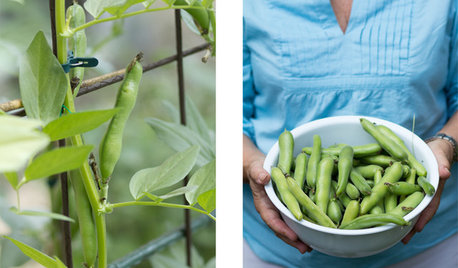
SUMMER FRUITS AND VEGETABLESSummer Crops: How to Grow Beans
Grow your own beans for amazing variety and healthy, convenient produce all summer
Full Story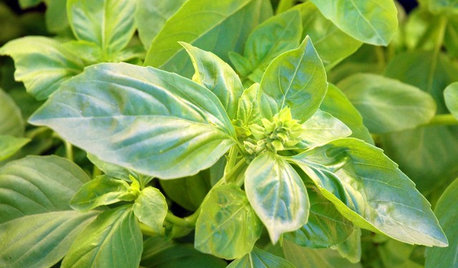
SUMMER GARDENINGHow to Grow Basil
Bright color, quick growth and endless uses for cooking make this summer annual a winner in the garden or a pot
Full Story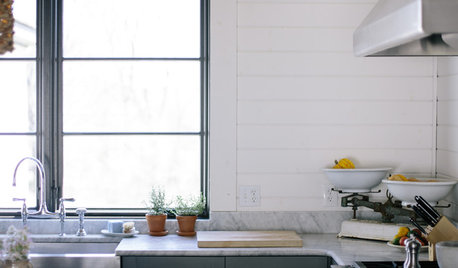
FARMHOUSESMy Houzz: A Rustic Family Farmhouse in Tennessee
Country style meets modern charm in this updated one-story home near Nashville
Full Story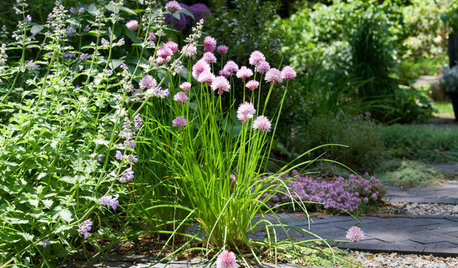
EDIBLE GARDENS8 Surefire Vegetables and Herbs for Beginning Gardeners
Learn the edible plants that are popular and easy to grow in a backyard or container garden
Full Story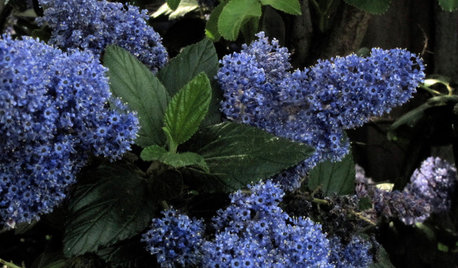
REGIONAL GARDEN GUIDESCalifornia Gardener's March Checklist
Give natives and tropicals a well-deserved spotlight — plus, discover an easy herb that keeps on giving
Full Story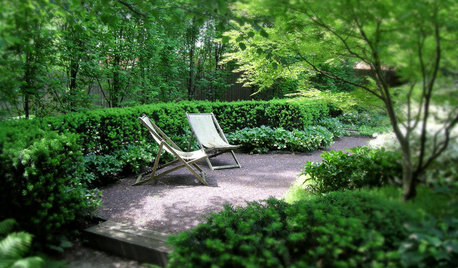
LANDSCAPE DESIGNDream Spaces: 10 Secluded Garden Nooks
Sometimes dreaminess is a single bench or a romantic table for 2 tucked amid greenery. See for yourself
Full Story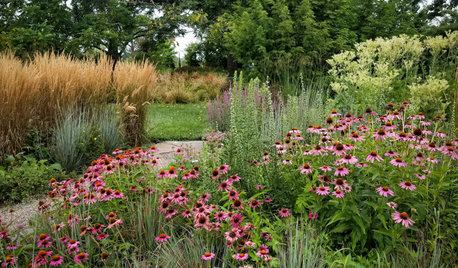
FALL GARDENING20 Favorite Flowers for the Fall Landscape
Vivid blooms and striking shapes make these annuals and perennials a delight in autumn gardens
Full Story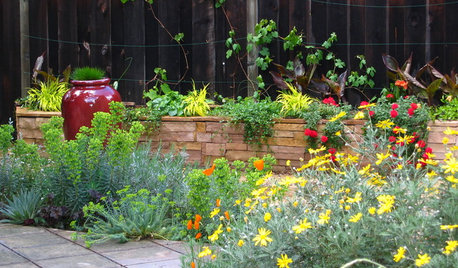
SUMMER GARDENINGHouzz Call: Please Show Us Your Summer Garden!
Share pictures of your home and yard this summer — we’d love to feature them in an upcoming story
Full Story
EARTH DAYThe Case for Losing the Traditional Lawn
Work less, help the environment and foster connections by just saying no to typical turf
Full Story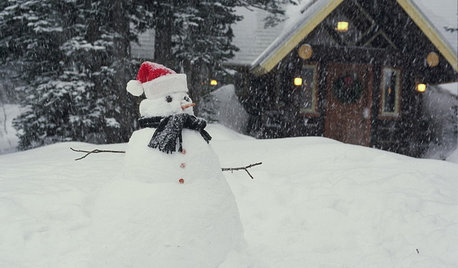
LIFEShare Your Winter Storm Jonas Photos and Survival Tips!
Let’s see your pictures and hear your ideas on how you’re keeping your house warm and staving off cabin fever
Full StoryMore Discussions






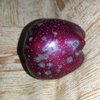
thecityman, Zone 7a/6b near Nashville